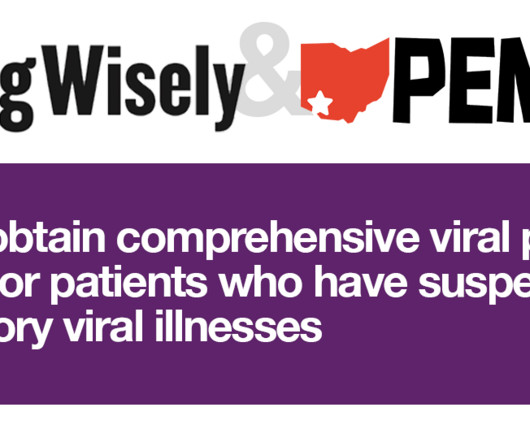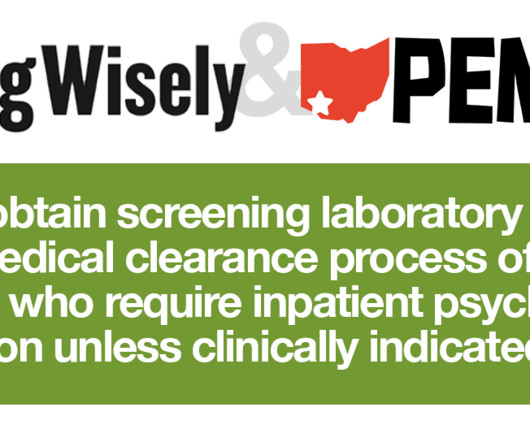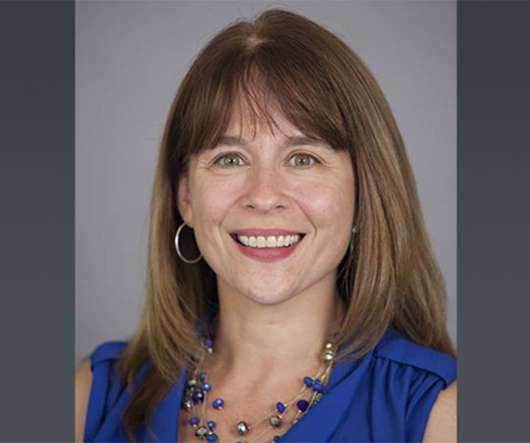Using technology to reclaim our time
Today's Hospitalist
MAY 9, 2025
OUR ENTIRE FIELD of hospital medicine grew out of the need to innovate to address the growing complexities of inpatient medicine. At its core, the technology utilizes sophisticated speech recognition to transcribe a conversation in the exam room or at the bedside. That’s the essence of ambient dictation.




















Let's personalize your content